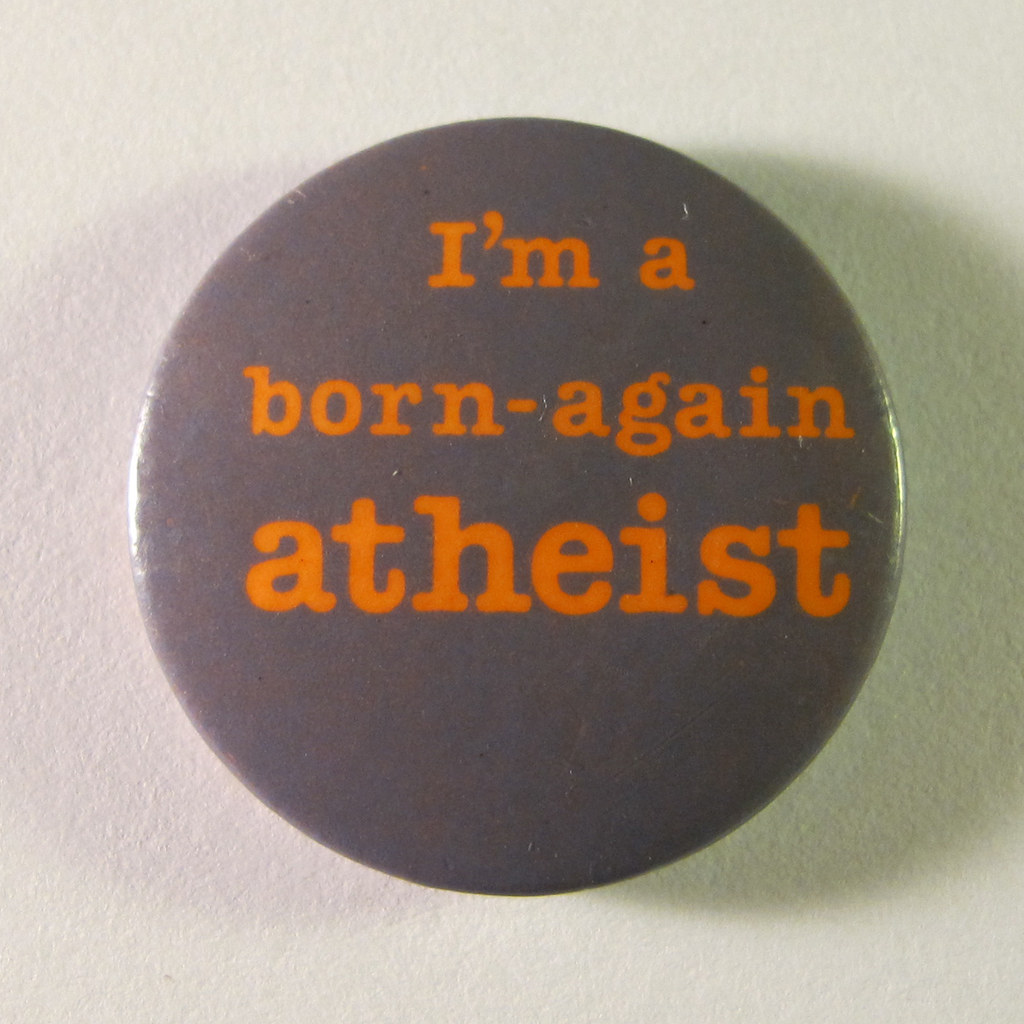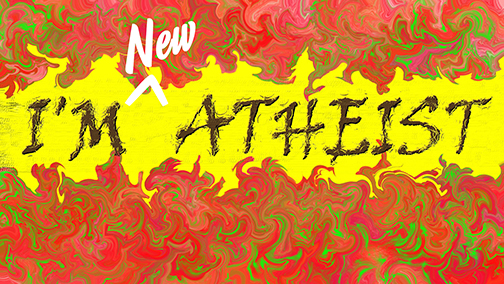After decades of routinely despising atheists for their personal choice to live their lives free of religion, the religious community is now turning atheism’s respect for rational thinking into a weapon against rational thinking itself. It is no longer enough for the believer to hate the nonbeliever, not sufficient anymore to shun atheists, or to regard them as a taint on humankind. No. It is now necessary for the believer to absolutely discredit atheism’s basic call for logic and common sense by renaming sense as “nonsense” and rationality as “irrational.”

Understanding the complexities of new atheism
What brought about this new twist in Christian strategy? Where did people who revel in “blind faith” learn to apply such words as “logic” and “reason” to a faith which claims no relationship to such evidence and proof that atheists challenge the believer to supply?
Clearly, it was the uproar caused by a handful of “New Atheist” voices. Books by atheist writers, such as Christopher Hitchens (God is Not Great: How Religion Poisons Everything), Richard Dawkins (The God Delusion), and Sam Harris (Letter to a Christian Nation), among others, struck the believers not only as “wrong,” but as dramatically offensive. These men, some of whom would rather be called “Anti-theist” than merely “Atheist,” wrote works that not only disagreed with religious dogma and faith, but actually accused religion of performing and promoting great harm to the Earth and its peoples.

These books, each in their own way, lay out specific facts about the dangerous and damaging influences of religion. They provide proofs, historical evidence, logical pathways that lead from faith to destructive results, common-sensible accounts of the harm already done by religion. Their critics, in a manner reminiscent of The Wedge Strategy which The Discovery Institute developed for the take-over of secular government by the religious right, label the valid arguments as “hot air,” describe the powerful reasoning in the books as “yelling,” and undermine the proofs and evidence presented by branding them as “ignorance.”
Atheism as anti-theism
Indeed, what the religious critics of the New Atheist (anti-theist) movement are doing is holding up a mirror to the anti-theists’ words. They are accusing their accusers of the same lack of logic that religious apologists have long-utilized. Because of the excesses of this strategy, the critics of the New Atheists proclaim the movement a failure, just as it’s beginning to blossom. What they do not realize, however, is that these anti-theist gentlemen are, themselves, holding up a mirror to the behavior atheism has suffered at the hands of theism for, lo, these many years. The tables have been turned in the dishing out of disrespect; the faithful, finally, are privy to how that feels.
Were this debate not so crucial to the peaceful and contented survival of humankind on this green and watery planet, we’d all be rolling on the floor, laughing. As the situation actually stands, though, there is no humor in the tears squeezing out of the eyes witnessing this struggle between freedom-enhancing reality and mind-imprisoning mythology






